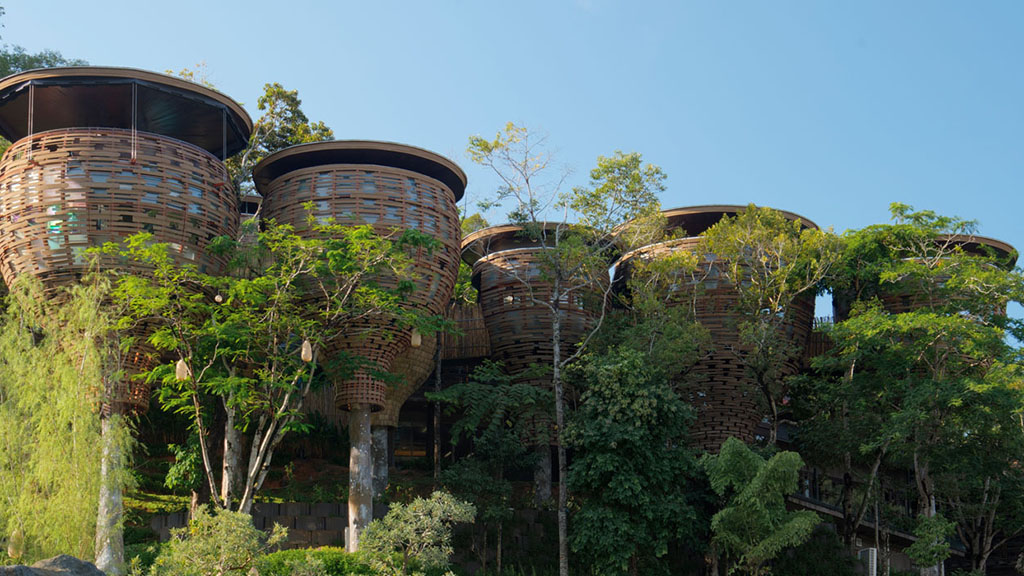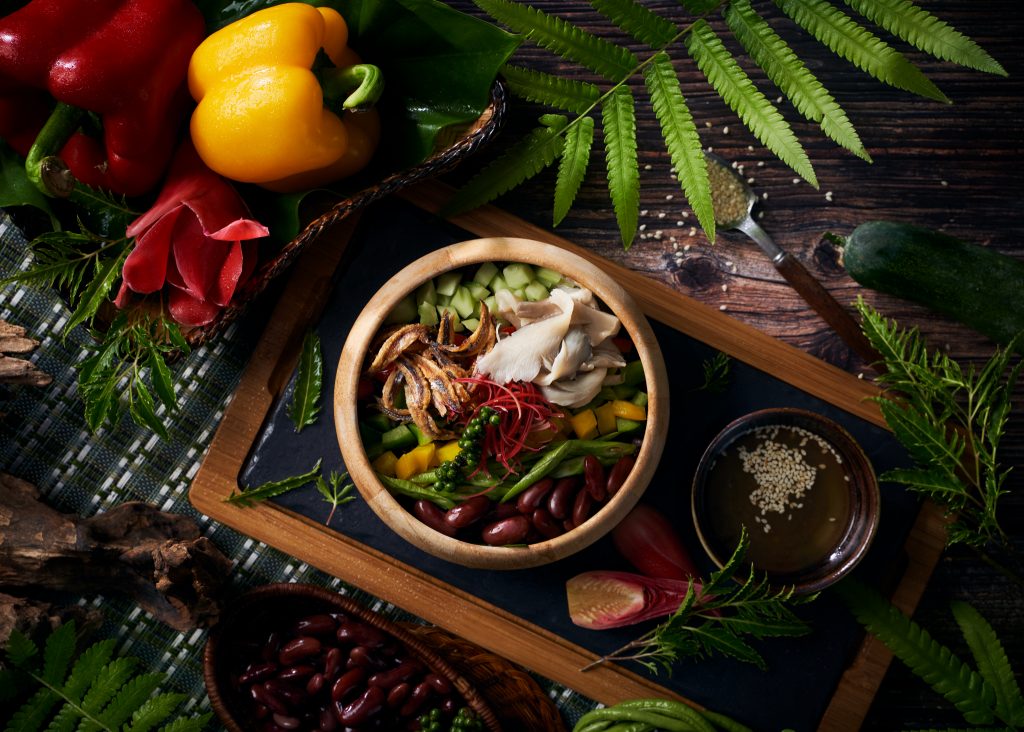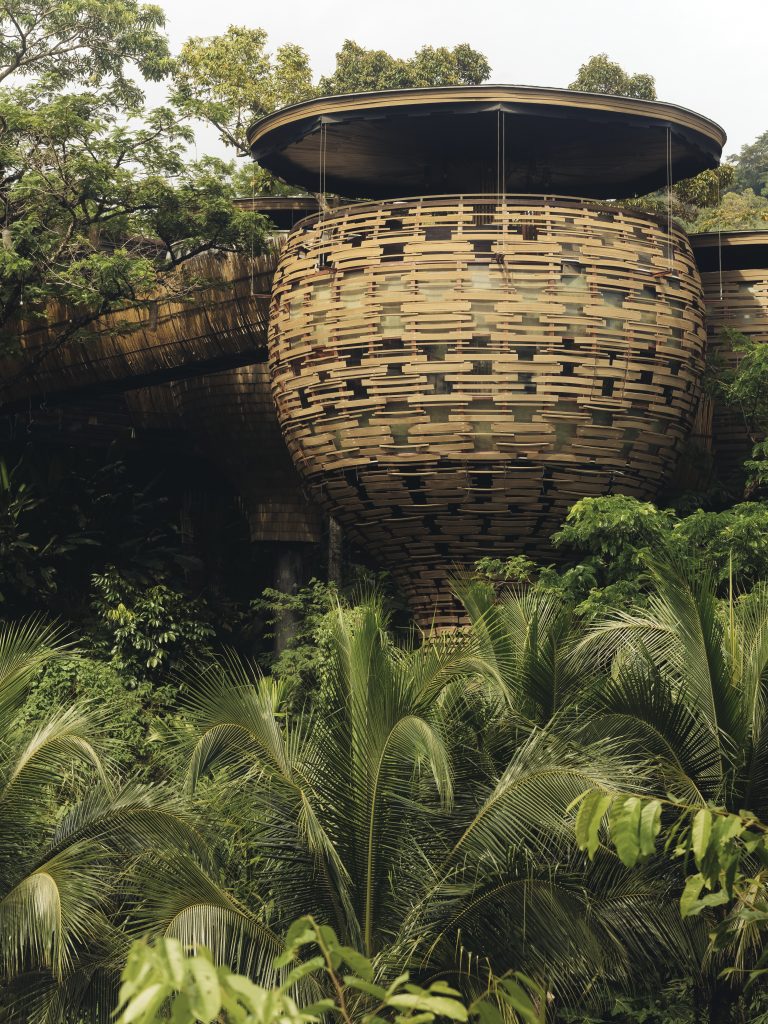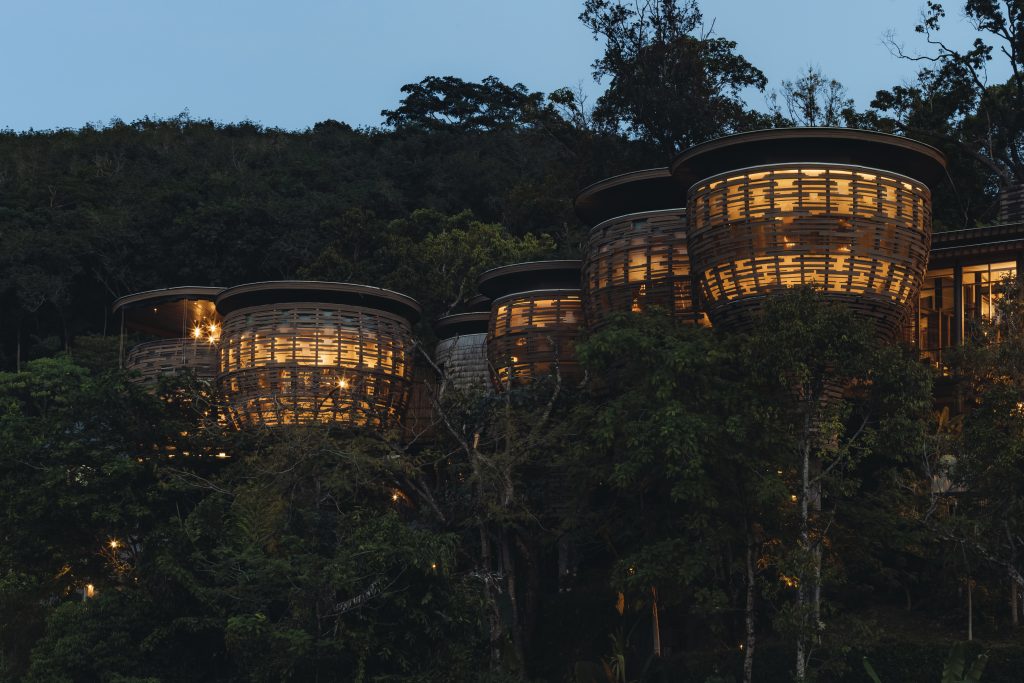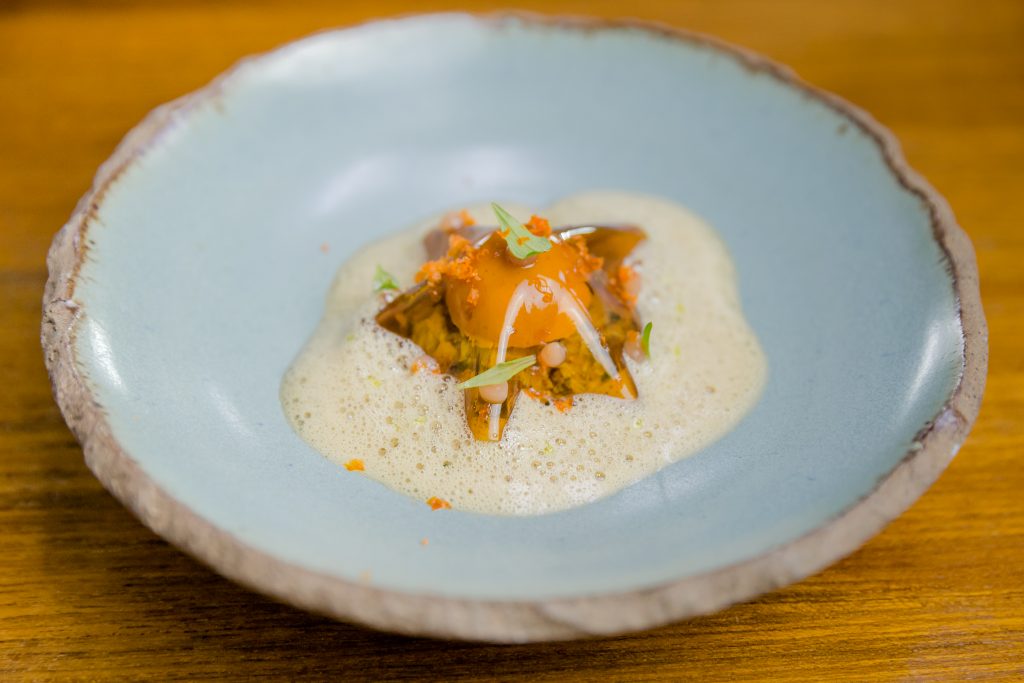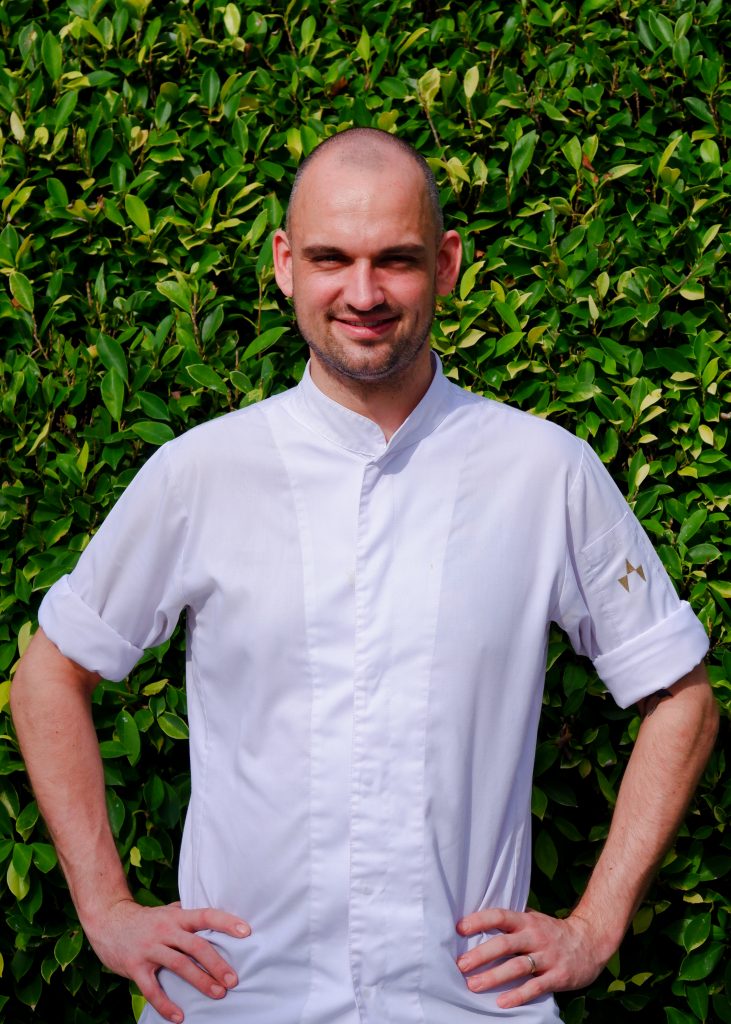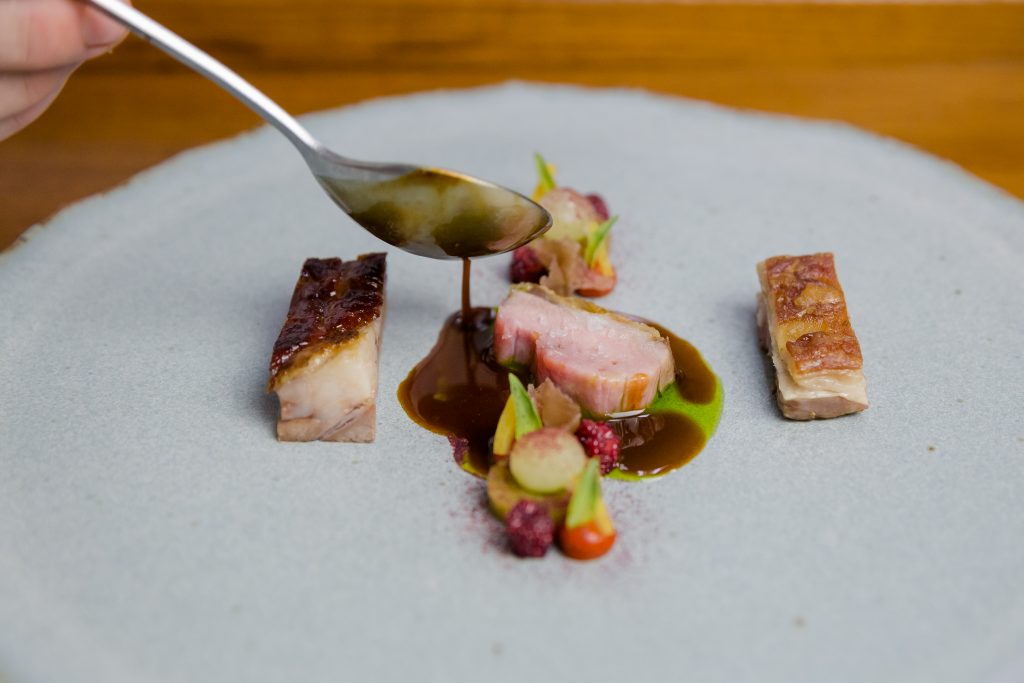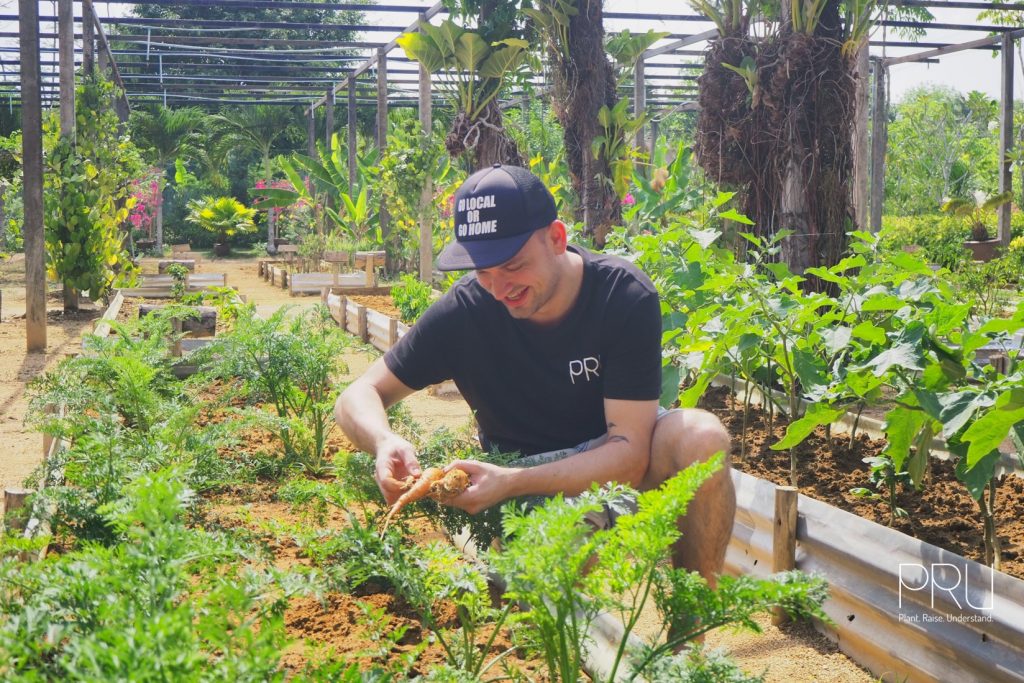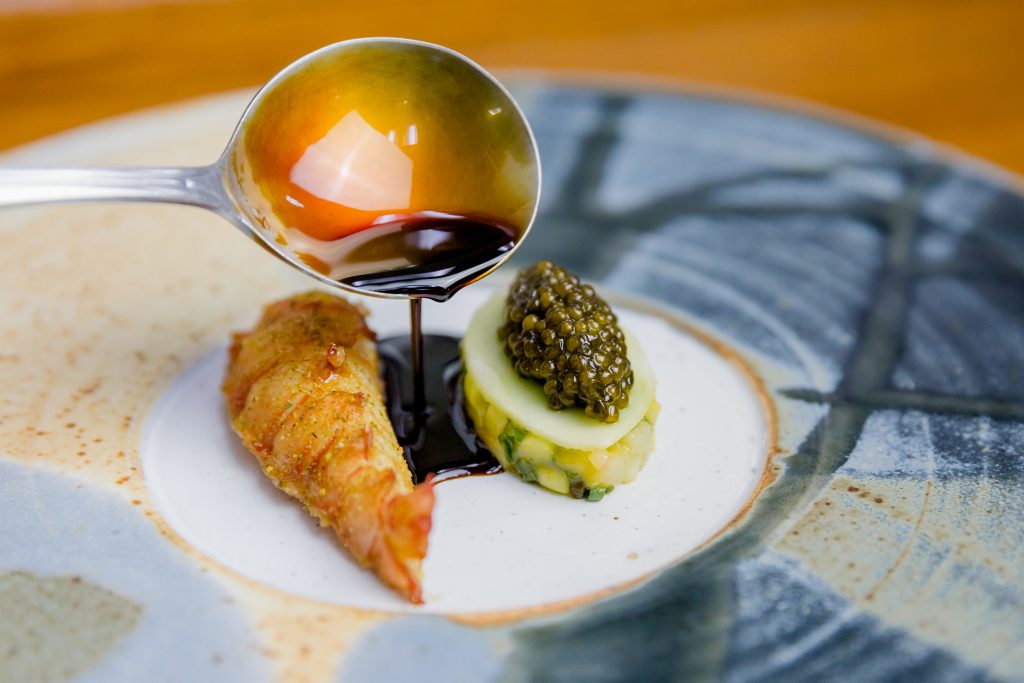The last decade has been one of huge change for Phuket, with both government and private enterprise coming together to redefine and protect the destination for years to come. Travel writer Chris Ashton shares insights on how to be a responsible traveller in Phuket.
A little slice of tropical perfection in the Andaman Sea, Phuket welcomes almost 10 million visitors each year. With such high visitation, the small island has grappled with the effects of over tourism for years, yet that could be a thing of the past as the island looks to reinvent itself as one of the most sustainable destinations in Thailand.
There’s the No Foam No Plastic campaign which has been encouraging hotels and retail outlets to swap single use plastics for more sustainable options since early 2019. A ban on smoking on beaches has also helped to reduce the number of butts making their way into the environment, as well as make beaches a more enjoyable place for all visitors.
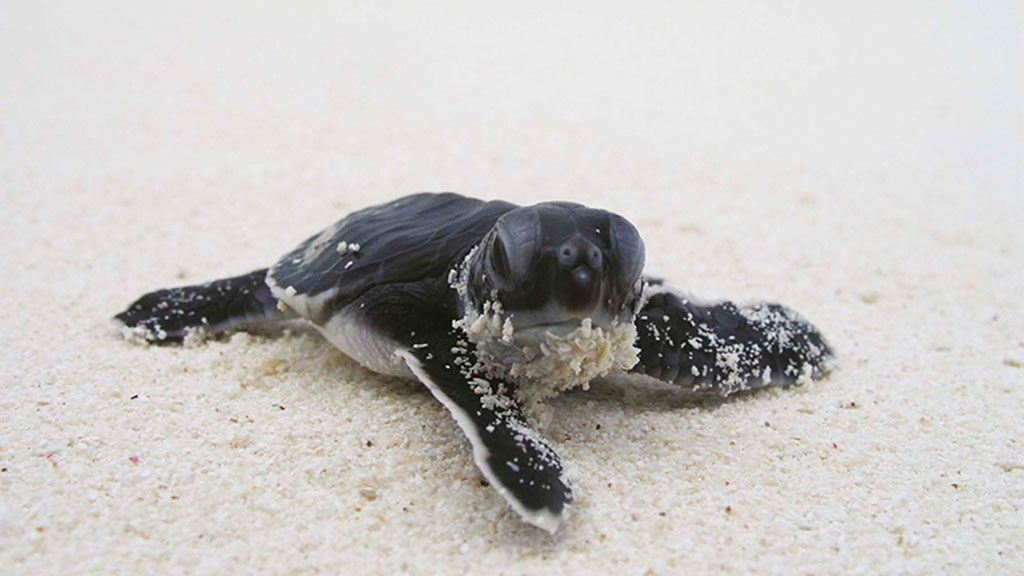
In the hotel space, a collaboration between JW Marriott Phuket Resort and Minor Hotels (Anantara, Avani) is working to fund environmental programs that support fragile marine life, such as leatherback turtles which return to nest on the beaches of Mai Khao.
How can you make a difference as a visitor to Phuket? By being conscious of your impact on the community and environment, by choosing to stay at hotels and resorts that take green initiatives seriously, and by seeking out ethical, sustainable activities wherever possible.
Keen to know more? Here’s a conscious travellers’ guide to Phuket.
Where to stay
If there’s one industry with the power to create a more sustainable Phuket, it’s hospitality.
Resorts such as five-star Keemala in the island’s west understand this responsibility, with a strong commitment to environmental and ethical practices. From the villa design to the landscaping, everything has been carefully considered to help ensure a greener future.
Banyan Tree Wellbeing Sanctuary Phuket has won numerous awards for its environmental practices too, working with eco-advisory EarthCheck to minimise its impact on the planet.
Where to dine
Farm to plate dining is so hot right now, and Phuket is not immune to its charm. Knowing and understanding where our food comes from, where it’s grown and sourced, and the passion that goes into every dish adds to the experience. It can also be a lot of fun.
The Michelin-star rated PRU Restaurant, which stands for “plant, raise, understand”, at Trisara Resort is a big advocate of the farm to plate ethos. Around 60-70% of the fruit and vegetables used within the 18-seater restaurant comes from their own 100-hectare farm.
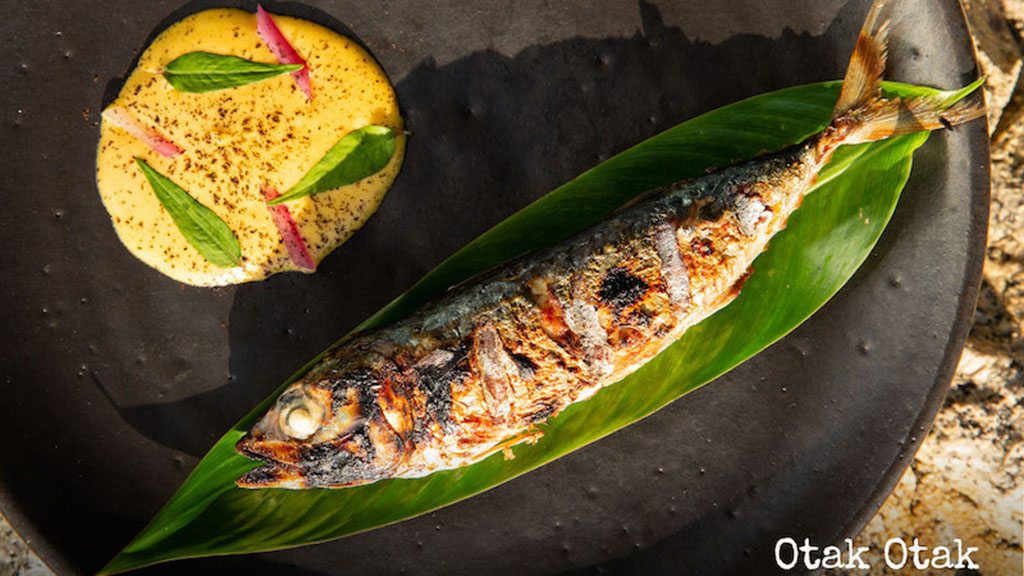
They’re not alone either. Local Phuket restaurant and caterer Jampa has a zero waste, locally sourced approach to cooking, and they’re never far away from a wood fire. Sustainability is at the forefront of their minds and their menus – and it shows.
What to do
When not lounging on a deserted beach or visiting the Big Buddha at Nakkerd Hill, cycling and walking tours are a fun way to get a more local perspective of the island, visiting smaller villages and contributing to communities.
Phuket Elephant Sanctuary, a home for retired elephants, and the Gibbon Rehabilitation Project do incredible work protecting the endangered animals of the island. If you want to learn about wildlife conservation from ethical operators, these are essential.
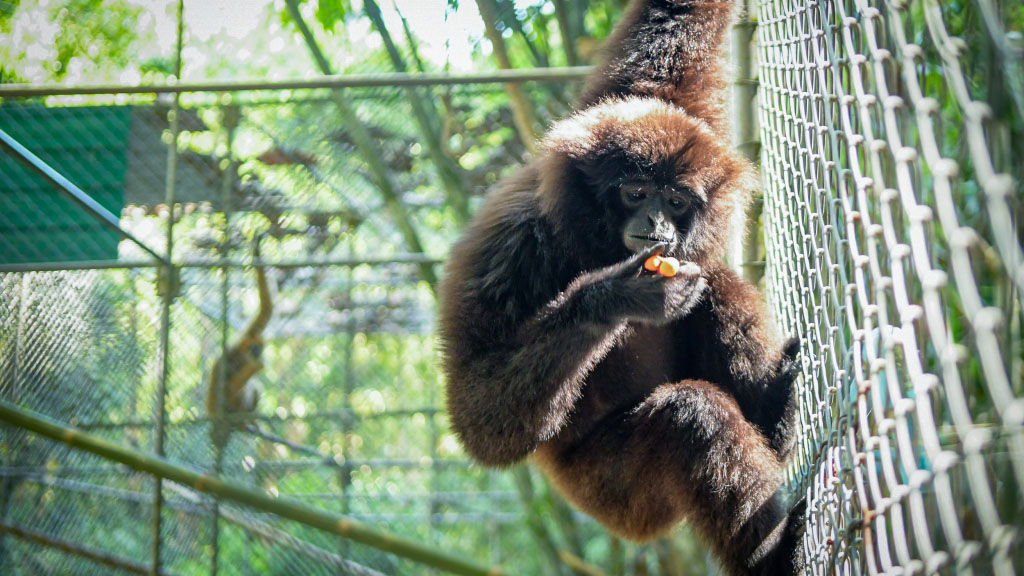
Wherever you stay or whatever you do, being conscious of your impact on the environment can help ensure Phuket remains an island paradise worth falling in love with.

